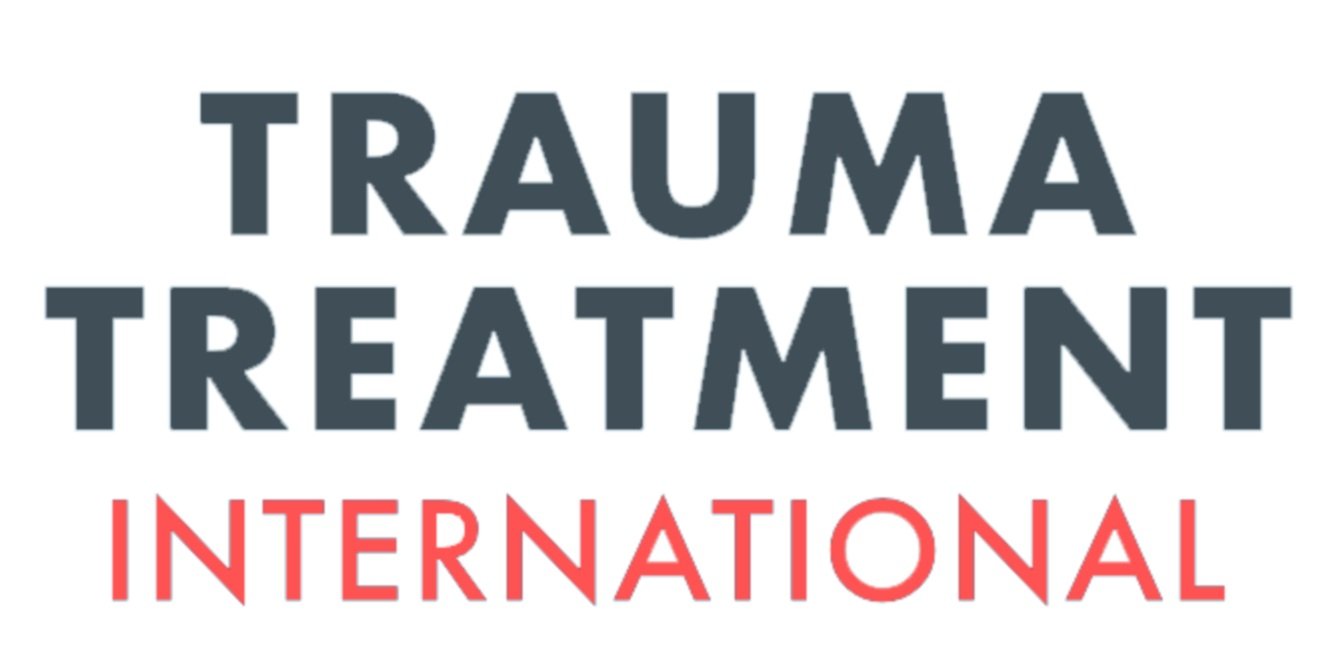Evidence-based trauma support is vital for Afghan women judges and lawyers
“These are women who risked their lives every day to progress the fundamental rights of women to study and work, and ensure that a fair rule of law existed. They were effectively influencing a culture, but what took years to champion was lost in a matter of days. In some ways, this loss is the most traumatic experience that they need to work through.”
Our Trauma Clinic manager Dr Sarah Whitaker is reflecting on the mental suffering of former Afghan women lawyers and judges, who were forced to flee their home country last year in fear of Taliban retribution.
Through two concerted Crowdfunder campaigns, All Rise and All Rise Again, TTI has raised more than £50,000 to provide trauma treatment to these incredible women, and help them forge new fulfilling lives in the UK and elsewhere.
Sarah, pictured right, explained: “The psychological support we’re offering is both about healing from the trauma of being targeted by the Taliban and having to leave Afghanistan, and perhaps the less recognised trauma of the losses associated with their exodus.
“Our individual support creates a space where they can work through their trauma. For cultural reasons, they don’t feel able to access social or emotional support from their peers, which is why the treatment we’re providing is so important.”
She added: “Those with recognisable symptoms of post-traumatic stress disorder will only recover with an evidence-based treatment that we provide.”
The Afghan women come to us through a number of referral partners. These include Catriona Jarvis, a retired UK judge who most recently worked in the Upper Tribunal (Immigration and Asylum Chamber).
Catriona has been mentoring former Afghan judge Moska (not her real name) for the last year, having answered calls from the International Association of Women Judges (IAWJ) and the UK Association of Women Judges (UKAWJ).
Catriona, pictured left, said: “Following the request of the IAWJ, the UKAWJ created a group of UK judges to support Afghan women judges while they were still in Afghanistan. It was incredibly frightening for them at that time and difficult for us to support them as we would have wished from such a distance.
“They hadn’t been used to being in the street on their own; they were used to going to work in armoured cars with bodyguards. But when the Taliban took control, many police and other officials ‘downed tools,’ their bodyguards were at risk and there was no-one to protect them. There was chaos and panic – the streets were full of people and vehicles, and bullets were being fired.
“Moska was forced to leave Afghanistan without her family, leaving her feeling bereft and guilty for ‘leaving them behind’. She’s now been here for a year and I’ve been supporting her very closely. Her family are at last somewhere safe and we’re trying to arrange for her to visit them.”
Unsurprisingly, the trauma Moska went through left her in need of psychological treatment from TTI.
“She was struggling physically, not being able to sleep or eat, and not being able to think clearly,” said Catriona, who was a judge for 21 years. “She found it hard to complete even simple tasks. She’d say: ‘But I was a judge!”
“She feels like she has to start from scratch, all over again, to try to discover who she is now and whether she might ever become a judge again. I know what I went through to become a judge, so I understand at least something of how she feels, although I can never ‘walk in her shoes’.”
Cultural differences between the UK and Afghanistan have also proved problematic for Moska. “Doing something that we might take for granted feels huge to her; something as simple as going for a coffee, or going to the cinema,” Catriona explained.
“She would never have done anything like that on her own in Afghanistan. In fact, she had never been to the cinema or theatre. She’d either have had bodyguards with her when travelling to and from work, or have gone with family to a shopping mall for example.
“Other Afghans at hotel placements in the UK have also cast doubt on her honour, on what sort of woman she is, being here on her own without any husband or father. Even here, being on her own exposes her to danger.”
Moska has now finished the first round of trauma treatment sessions at our clinic and Catriona says she can see the difference in her mentee: “She has made some friends, and has had English lessons with a Muslim woman; this has been very helpful and comforting to her. She is so bright and dedicated, and I know she will find a way to be a judge again.
“It is an unacceptable loss to the judiciary as a whole that these brave women should not be able to take up their judicial roles again in the future.”
She added: “The treatment Moska has received from Trauma Treatment International has been invaluable. It’s wonderful to know that it’s there.”
You can still donate to our All Rise Again campaign to help women like Moska by clicking here.


